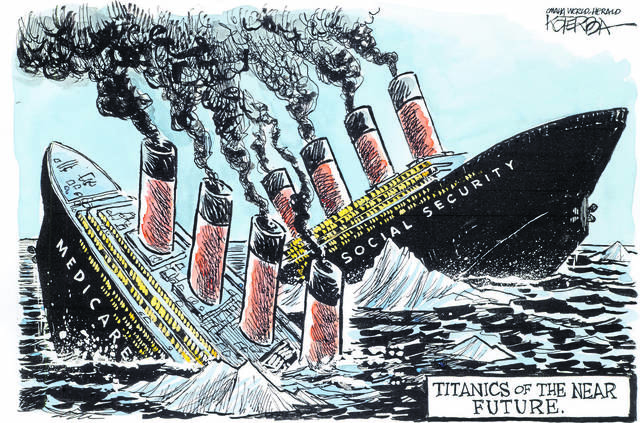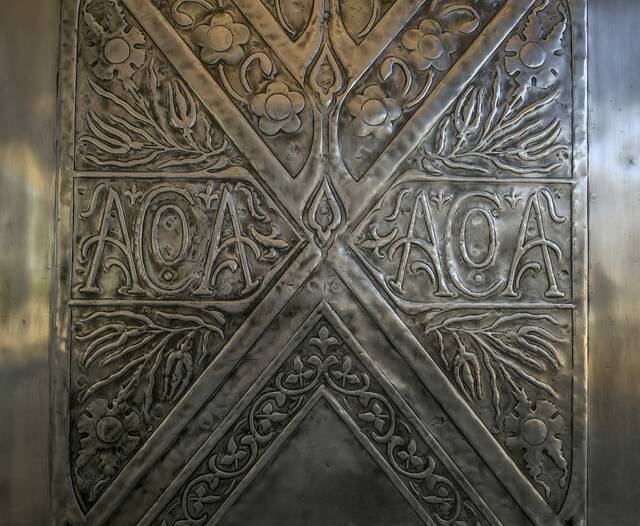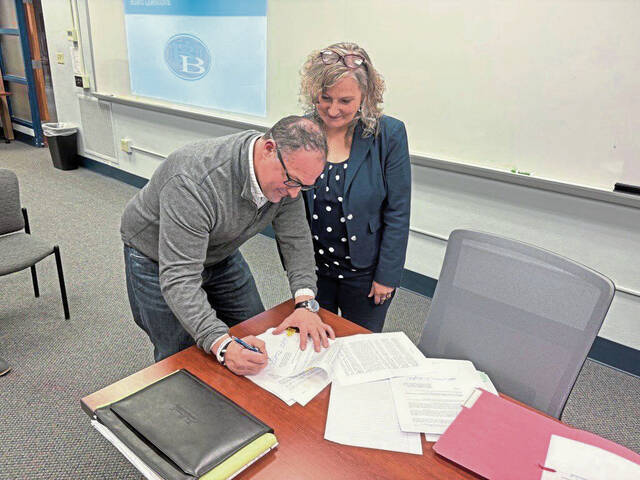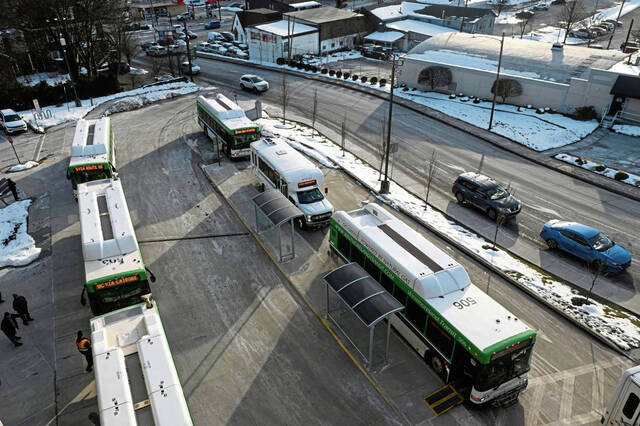It is now 20 years since the world didn’t end with the crash of all the computers.
The Y2K bug didn’t do what everyone feared. Years of increasing anxiety about what would happen when the calendars flipped from the 1900s to the 2000s in a digital world that was often based on two-digit years instead of more accurate four-digit designations didn’t pay off with a post-apocalyptic dystopia.
That’s a good thing. People need to focus on that more than laugh off the ridiculousness of Y2K panic.
“Ha ha! People were prepared and nothing happened!”
It’s the same kind of reaction often seen after unfulfilled predictions of a big snow storm when people stock up on the essentials they might need if it takes a day or two to dig out, leaving every Giant Eagle and Shop ’n Save picked clean of milk, bread, eggs and toilet paper.
It’s exactly the opposite of the reaction we should have. Preparation and advance planning should be applauded.
There is never any shortage of criticism when there aren’t precautions taken. Not enough boats on the Titanic. The crumbling dam that flooded Johnstown. Lamp flames igniting gases at the Mammoth Mine in Westmoreland County.
But we shouldn’t have to wait for tragedy to effect change. We shouldn’t scoff at seat belts until after a crash. And we don’t need to look backward at history to see why.
The Catholic dioceses of Pennsylvania have offered $84 million to 564 victims of child sexual abuse revealed after grand jury investigation. Penn State paid out more than $100 million to a fraction of that for the Jerry Sandusky scandal. Both revealed major holes in the wall of precautions taken around child safety and abuse reporting, with response of changes in policy and law.
There are other situations out there to address. There are problems of crime and violence, infectious disease, the environment, finance and cybersecurity, any of which could be at least as big a threat as Y2K promised if ignored as overreaction.
Maybe Y2K didn’t merit the panic, but that doesn’t mean the preparation was misplaced. Government, industry, communities and other organizations would do well to look for their problems before the tragedy rather than after. No one ever complains that a cruise ship has too many life boats.








